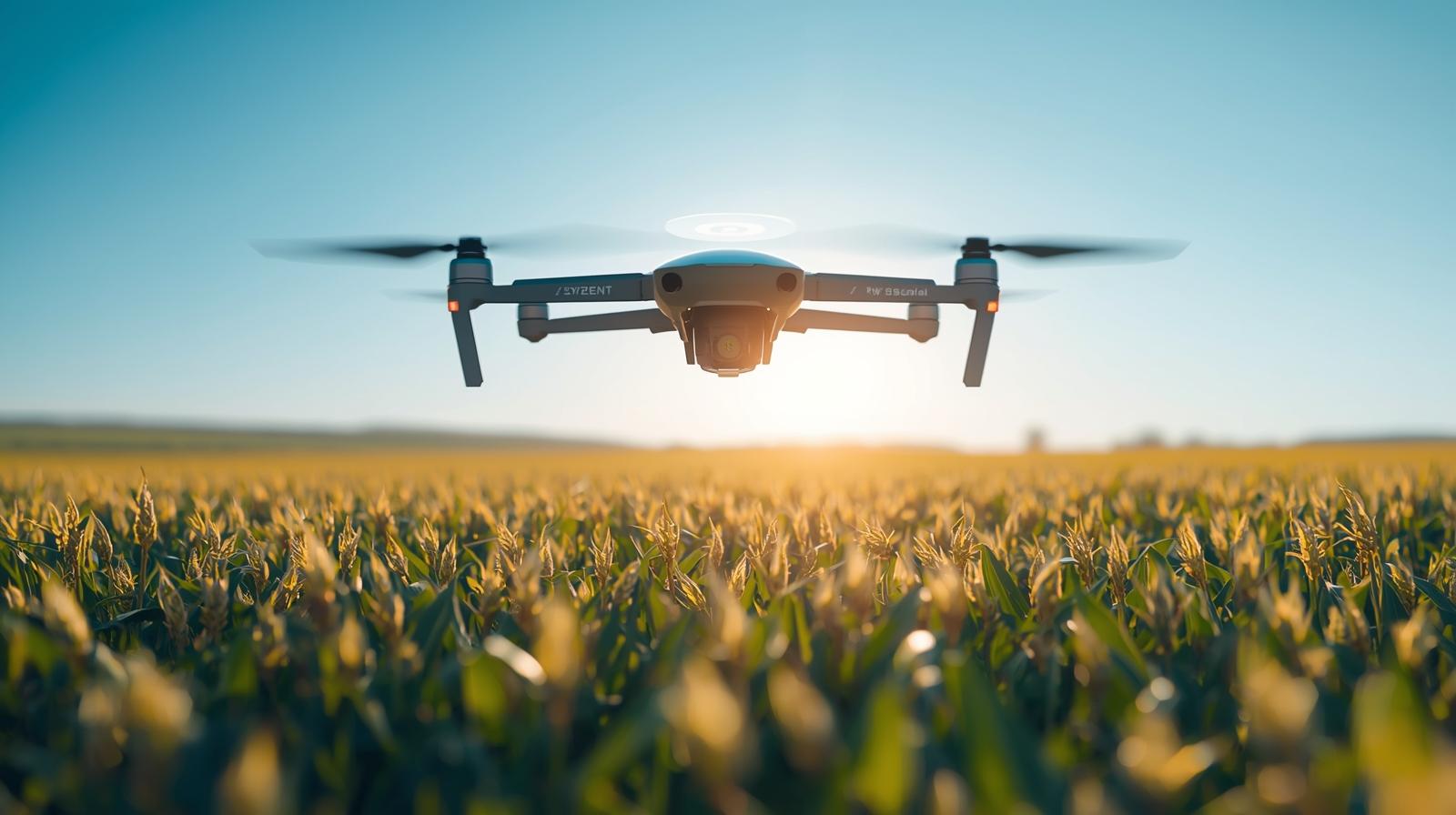The global AI in agriculture market is undergoing a remarkable transformation as advanced technologies such as machine learning, computer vision, predictive analytics, and IoT-enabled farming solutions redefine the future of food production. With rising global food demand, diminishing arable land, labor shortages, and the growing need for climate-resilient farming practices, artificial intelligence has emerged as a powerful catalyst driving efficiency, sustainability, and profitability across the agricultural value chain. As farmers, agribusinesses, and technology developers collaborate to build intelligent ecosystems, AI is rapidly becoming central to decision-making, precision farming, predictive crop management, livestock monitoring, and supply chain optimization. This shift marks a significant evolution from traditional farming toward a highly automated, data-driven, and outcome-based agricultural model.
Download PDF Brochure @ https://www.marketsandmarkets.com/pdfdownloadNew.asp?id=159957009

AI-driven precision agriculture is one of the most dominant forces shaping the market’s growth. By using computer vision, satellite imaging, drone analytics, and sensor-generated field data, precision farming enables accurate monitoring of soil conditions, moisture levels, nutrient requirements, and crop health. Farmers can precisely determine where, when, and how much to irrigate, fertilize, or treat. This helps reduce input waste while maximizing crop yields and overall farm productivity. AI-powered agronomic models can interpret multispectral drone images to detect early signs of pest infestation, plant stress, disease outbreaks, or nutrient deficiencies long before they become visible to the human eye. As a result, farmers can take preventive action, significantly reducing losses and ensuring better crop outcomes.
The integration of AI in farm management systems has made real-time decision-making more accessible and effective. From small-scale farmers to large commercial operations, AI-based software platforms are enabling users to access actionable insights through intuitive dashboards and mobile applications. These platforms consolidate data from weather forecasts, soil sensors, farm machinery, and historical crop data to generate customized recommendations. Predictive analytics can forecast yield potential, suggest optimal planting windows, and estimate water or fertilizer requirements with high precision. This not only improves operational efficiency but also helps farmers make informed strategic decisions that impact long-term sustainability and profitability.
Livestock farming is another critical area where AI is making a profound impact. AI-enabled monitoring systems use machine vision and sensor data to track animal behavior, detect health issues, and evaluate feeding patterns. Smart wearables for cattle, automated milking robots, and AI-based heat detection tools help farmers monitor the well-being of animals in real time. Early detection of diseases or stress conditions leads to timely intervention, reducing mortality rates and ensuring higher quality production. Automated livestock management not only enhances animal welfare but also optimizes labor use, which is especially beneficial in regions experiencing acute labor shortages.
AI-powered automation is reshaping agricultural machinery and robotics. Autonomous tractors, robotic harvesters, UAVs for crop surveillance, and automated irrigation systems are increasingly becoming integral to modern farms. These machines operate with minimal human intervention, improving accuracy, productivity, and operational safety. AI-driven robotics can perform repetitive, labor-intensive tasks such as weeding, spraying, and harvesting with high precision. Such automation not only boosts efficiency but also helps reduce dependence on manual labor, which is particularly critical given the rising cost and scarcity of agricultural workers around the world.
Climate-smart agriculture is gaining prominence as AI plays a key role in helping farmers adapt to extreme weather conditions and environmental challenges. AI-based climate models can predict weather patterns, simulate climate impact scenarios, and help farmers choose resilient crop varieties suitable for changing environmental conditions. These capabilities are vital for minimizing risks associated with droughts, floods, and temperature fluctuations. By supporting resource-efficient practices such as smart irrigation, optimized inputs, and precision nutrient delivery, AI helps farmers reduce water usage, lower greenhouse gas emissions, and minimize the environmental footprint of farming.
The integration of AI into the agricultural supply chain has further strengthened transparency, efficiency, and traceability. AI systems can monitor post-harvest processes, detect quality issues, and optimize logistics to reduce spoilage and losses during storage and transportation. Intelligent forecasting systems enhance demand planning, ensuring that food reaches markets in optimal condition. By using AI-powered blockchain platforms, agribusinesses can verify the authenticity of products, track their journey from farm to shelf, and strengthen consumer trust through transparent labeling.
Despite the immense opportunities, the AI in agriculture market also faces challenges such as high implementation costs, limited digital literacy among farmers, and inconsistent connectivity in rural areas. However, governments, private players, and technology providers are increasingly investing in infrastructure development, farmer training programs, and affordable AI solutions to bridge these gaps. As these barriers gradually diminish, AI adoption is expected to accelerate rapidly across both developed and emerging economies.
In the coming years, the global AI in agriculture market is poised for exponential growth as farmers embrace intelligent technologies to enhance productivity, sustainability, and resilience. With robust technological advancements, policy support, and increasing awareness of the benefits of data-driven agriculture, AI will play a central role in shaping the future of global food systems. Ultimately, AI-powered agriculture represents a transformative shift toward smarter, more efficient, and more sustainable farming practices capable of meeting the world’s growing food needs.
